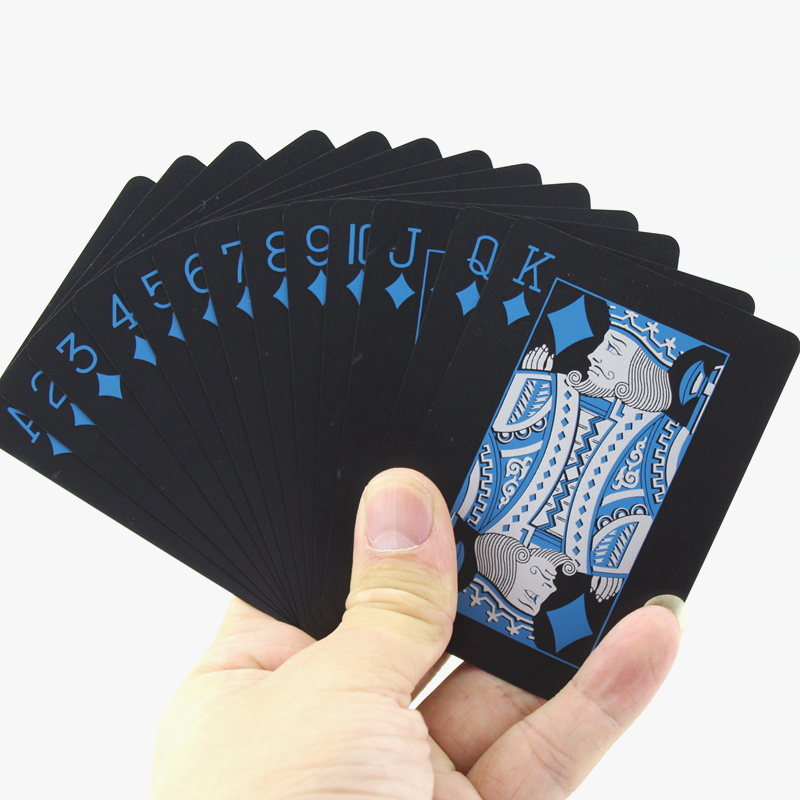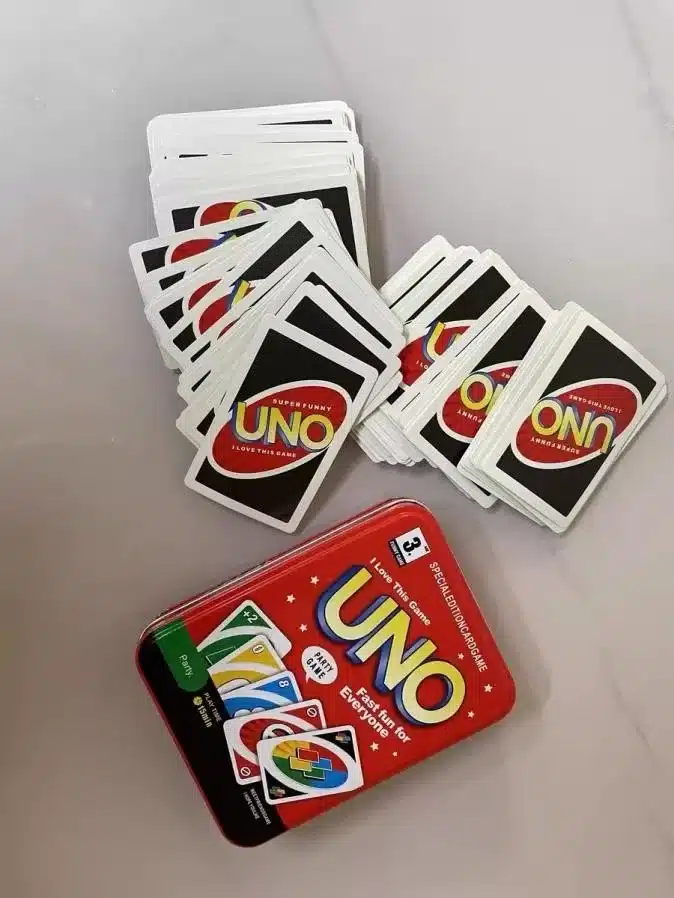Poker Card Games possess an intricate connection with Mathematics Education that goes beyond recreation. This article delves into the profound relationship between Poker Card Games and the enhancement of logical thinking in students through mathematical principles. The integration of games like Poker into educational settings offers a unique opportunity to captivate students’ interest and significantly impact their understanding of mathematical concepts.

Understanding the Mathematical Foundations
Probability and Statistics in Poker
The allure of Poker Card Games lies in their reliance on probability and statistics. Each hand dealt involves calculating the likelihood of specific card combinations, offering an opportunity for players to make strategic decisions based on these calculations.

Mathematical Concepts in Play
Permutations, combinations, and probability distributions are essential mathematical concepts underlying Poker Card Games. Understanding these concepts is pivotal for players to comprehend the odds and potential outcomes of each hand.
Fostering Logical Thinking through Poker Card Games
Decision-Making Skills
Poker Card Games necessitate strategic decision-making grounded in probability assessments and risk analysis. Players constantly evaluate the probability of various outcomes, honing their ability to make informed decisions under uncertainty.
Critical Thinking Development
Games like Poker serve as a breeding ground for critical thinking. Analyzing opponents’ moves, identifying patterns, and deducing probable hands cultivate logical deduction skills essential not just in the game, but also in real-life problem-solving scenarios.
Impact on Mathematics Education
Incorporating Poker Card Games into classroom activities can revolutionize students’ engagement in mathematical concepts. The interactive nature of these games sparks curiosity and active participation, leading to a deeper understanding of mathematical principles.
These games offer a tangible application of theoretical concepts. Students witness the practical implications of probability and permutations while enjoying an engaging activity. This hands-on experience often clarifies abstract ideas that may seem daunting when presented solely in theoretical contexts.
The excitement and competitiveness inherent in Poker Card Games motivate students to proactively seek solutions. The process of determining probabilities and making informed decisions during gameplay fosters an analytical mindset, a critical skill beneficial not only in mathematics but also in real-world scenarios.
Application of Abstract Theory
The practical application of abstract theories through Poker Card Games aids in elucidating complex mathematical concepts. Often, students struggle to grasp the relevance of theoretical math concepts to real-life situations. Poker, with its foundation in probabilities and permutations, offers a bridge between theory and application.
Educators can capitalize on this by creating scenarios that correlate gameplay with mathematical theories. Students, while enjoying the game, will inherently absorb the mathematical principles embedded within it. This approach solidifies their understanding and promotes a more enduring retention of concepts.
Integrating Poker Card Games in Education
Teaching Approaches
Educators possess a range of teaching methodologies to effectively integrate Poker Card Games into mathematics education. Utilizing these games as supplementary tools in lessons can transform the learning experience.
Interactive group discussions where students analyze their strategies post-game can reinforce the application of mathematical principles. Moreover, incorporating Poker Card Games as a reward for active participation encourages students to engage more enthusiastically in math lessons.
Learning Resources
Custom game cards, specifically designed for educational purposes, serve as effective learning resources. Collaborating with reputable playing card manufacturers to create custom game cards tailored to specific mathematical concepts enhances the learning experience. These resources can also serve as valuable take-home tools, enabling students to practice mathematical concepts independently.


Measuring Educational Effectiveness
Assessment Strategies
Developing effective assessment strategies is crucial to gauge the impact of Poker Card Games on students’ mathematical learning outcomes. Assessments focusing on problem-solving abilities, logical reasoning, and the application of mathematical concepts learned through the games provide a comprehensive understanding of students’ progress.
Case Studies and Research
Research studies and case analyses provide substantial insights into the efficacy of integrating Poker Card Games into mathematics education. These studies yield evidence-backed results that highlight the positive effects on students’ mathematical proficiency and logical thinking skills.
Conclusion
The relationship between Poker Card Games and Mathematics Education transcends mere recreation, offering a treasure trove of educational benefits. By incorporating Poker Card Games into classrooms, educators can create dynamic learning environments where students actively engage with mathematical concepts while developing crucial analytical skills.
In summary, the integration of Poker Card Games into Mathematics Education showcases its potential to foster logical thinking, promote problem-solving abilities, and enhance students’ grasp of mathematical principles. This inclusive approach to education not only enriches the learning experience but also equips students with valuable life skills beyond the confines of the classroom.
